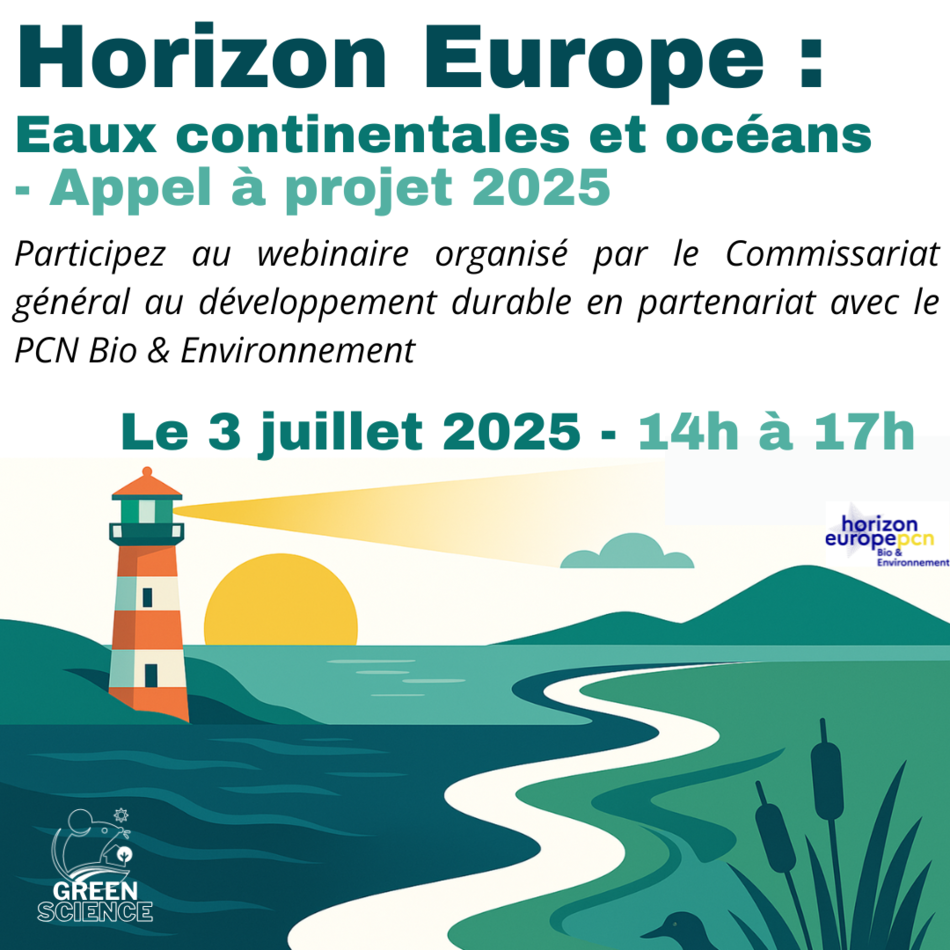Expected Outcome:
The successful proposal should support the implementation of the farm to fork strategy, the EU biodiversity strategy for 2030 and the EU climate policy under the European Green Deal. Activities will contribute to the transition to fair, healthy and environmentally friendly food systems from primary production to consumption, notably the target to reduce by 50% the overall use and risk of chemical pesticides and reduce the use by 50% of the more hazardous pesticides.
Project results are expected to contribute to all of the following expected outcomes:
- Improved understanding of main knowledge gaps as well as of drivers and barriers to go beyond the farm to fork targets for chemical pesticides;
- Increased networking and knowledge exchange across Europe promoting a reduction in pesticide use and risk beyond the farm to fork targets;
- Research needs for further reductions or phasing out chemical pesticides in agriculture are identified.
Scope:
The use of chemical pesticides in agriculture harm non-target organisms including humans, contaminates the soil, water and the wider environment, and cause biodiversity decline in agricultural areas. The European Green Deal has set new targets and defined a roadmap to reach its objectives through multiple strategies and action plans, including the farm to fork and the EU biodiversity strategy for 2030. Ambitious targets have been set for agriculture, namely the goal of reducing by 50% the use and risks of chemical pesticides, as well as the use of more hazardous pesticides, by 2030.
Research has shown that well-designed integrated pest management programmes can control weeds and pests in an ecologically friendly manner; however, today’s farming still relies significantly on chemical treatments to ensure farm yields and profits. A key challenge is to assess the impact on sustainability (environmental, social, economic) of going beyond these 2030 targets of pesticide reduction aiming for further reductions or even phasing out chemical pesticides in EU agriculture, starting with the most hazardous ones, while sustainably coping with the consequences of climate change, such as heat, drought and extreme precipitation, or pressure from invasive pests and diseases. In order to achieve this, a stronger R&I ecosystem should be put in place that would be able to contribute with sustainable solutions, assess the challenges of further reductions or phasing out chemical pesticides on food systems, including food security and affordability, and connect the different ongoing efforts and initiatives.
Proposals should:
- Establish a network that promotes close cooperation among relevant research and innovation actors (including social sciences) and networks across the EU and Associated Countries;
- Provide a comprehensive analysis and understanding of knowledge gaps and new research paradigms to be addressed towards a sustainable (and beyond farm to fork targets) agriculture;
- Identify, map and foster pesticide use and risk reduction related activities in the EU, Associated Countries and worldwide, including programmes and demonstration facilities, all along the agri-food chain;
- Identify the challenges and opportunities for primary producers and other actors of the agri-food chain to drive the transition towards a sustainable (and beyond farm to fork targets) agriculture;
- Provide recommendations on the future research needs in agricultural sciences, as well as in technical, social, economic and policy sciences, aiming for further reductions or phasing out chemical pesticides in agriculture taking in consideration climate change, increased pressure from pests and diseases, and other challenges.
Proposals should consider arable and perennial crops. Proposals should build and capitalise on the outcomes of other relevant EU-funded research projects and initiatives under Horizon 2020[1], Horizon Europe[2], and other programmes/initiatives (such as COST actions, PRIMA). Activities should ensure alignment and complementarity with those carried out under the future partnership ‘Accelerating farming systems transition: agroecology living labs and research infrastructures’ and the European Mission ‘A Soil Deal for Europe”. Proposals must implement the ‘multi-actor approach’ including a range of actors to ensure that knowledge and needs from various sector, researchers, farmers, advisory services, agri-food industries, consumers and NGOs are brought together.
[1] Horizon 2020 projects: SPRINT (Grant agreement ID: 862568), IWMPRAISE (Grant agreement ID: 727321), NOVATERRA (Grant agreement ID: 101000554), WeLaser (Grant agreement ID: 101000256), Bioschamp (Grant agreement ID: 101000651), novIGRain (Grant agreement ID: 101000663)
[2] Projects under the following Horizon Europe topics: HORIZON-CL6-2022-FARM2FORK-01-02: Socio-economics of pesticide use in agriculture, HORIZON-CL6-2023-GOVERNANCE-01-21: Developing EU advisory networks to reduce the use of pesticides, HORIZON-CL6-2022-FARM2FORK-02-01-two-stage: Agroecological approaches for sustainable weed management, HORIZON-CL6-2023-FARM2FORK-01-7: Innovations in plant protection: alternatives to reduce the use of pesticides focusing on candidates for substitution.





